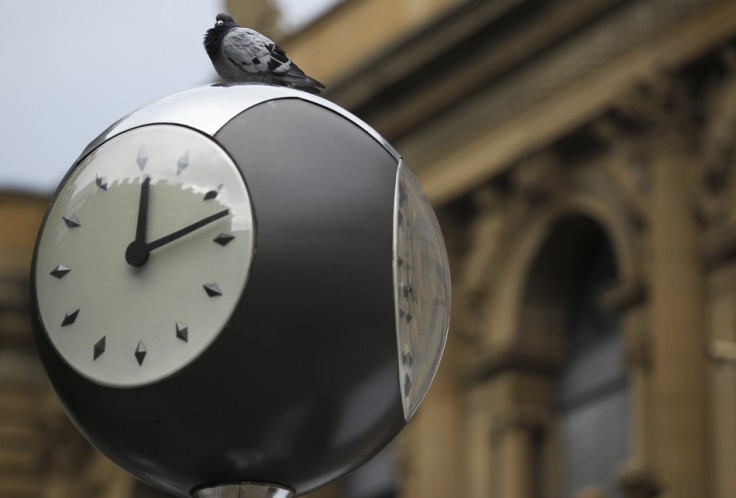British Atomic Clock so Accurate That it Would Lose or Gain Less Than a Second in 138 Million Years

Britain's atomic clock is the world's most accurate time keeper. It is one in a group of caesium fountain clocks built by timing labs in Europe, The U.S. and Japan as their national primary frequency standard for the measurement of time.
It measures the the exact length of a second by measuring microwaves as they cause reactions in atoms of caesium, a highly volatile element.
However, a number of factors including the shape of the microwaves, the influence of nearby magnetic fields and even the clock's positioning above sea level can cause minor shifts in its measurements.
A new analysis of the clock, conducted by NPL scientists and American colleagues, published in the journal Metrologia has established that it will now drop just a billionth of a second every two months.
National Physical Laboratory (NPL) project leader Krzysztof Szymaniec says, " The improvements that we report in our paper have reduced significantly the caesium fountain clock's two largest sources of measurement uncertainties - Doppler shifts and the microwave-lensing frequency shift."
"Together with other improvements of the caesium fountain, these models and numerical calculations have improved the accuracy of the UK's caesium fountain clock , NPL-CsF2, by reducing the uncertainty to 2.3 × 10-16 - the lowest value for any primary national standard so far."
The level of accuracy by the British atomic clock is unprecedented by any other clock in the world. It would lose or gain less than a second in 138 million years .
© Copyright IBTimes 2025. All rights reserved.





















